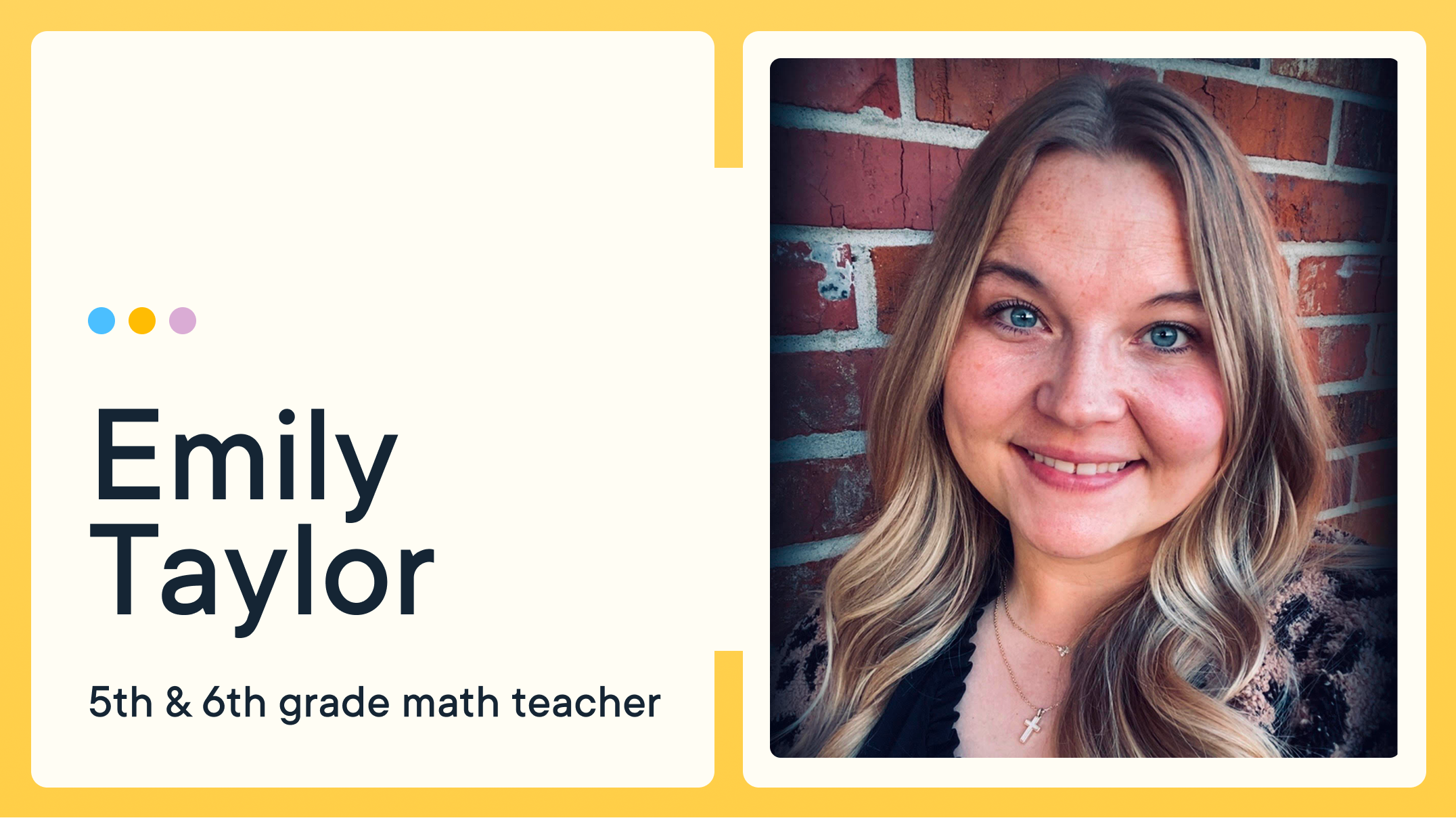Writing for Stress Relief

We are all living in a stressful time! We are all dealing with a worldwide pandemic and the mix of health, social, and economic consequences...on top of regular stressors that existed before the pandemic began.
This time is especially hard on teenagers who are striving for independence and mobility when all of our mobility is dramatically reduced. Socializing with friends is important for a young person’s development, and it is difficult to do this right now, except for online or distanced with a mask. This creates a lot of stress inside of us, but possibly more so for kids and teens.
What is important to understand is that stress can make us feel bad if it is consistent, unbroken, and intense, like now. Stress can also affect our mind and our body, and possibly in different ways than we expect. Examples of physical symptoms of stress include a tension headache, a rapid heartbeat with anxiety, or an upset stomach with nerves.
I am a medical doctor, but I work with patients on both their bodies and their minds. One thing we all know—in both the medical field and in the general population—is that physical exercise is great for our bodies. But it can also be a stress reliever on the mental/emotional side. I encourage my patients, especially during these unusual times, to stay active physically, ideally outside at a safe social distance where possible.
But what can we do that is a more direct stress reliever on the mind and brain, while indirectly helping our bodies too? I recommend journaling about your feelings. Writing about feelings and emotions is an incredibly powerful and relatively easy technique to express feelings, process emotions, and improve your mood. I encourage people to try to start writing daily if you can, or most days of the week. Give yourself ten minutes to start, maybe fifteen if you get really into it.
What do you write about? This is not a diary about whom you spoke with or what movie you saw. It is more about how you felt, what made you upset, what made you happy, and why! Sit down with a notebook, and try to write by hand if you can. The computer or phone is also an option for those who are more comfortable with typing and using only digital files, but there is research that handwriting is best for connecting to the brain and benefitting the brain. The second best method is typing, and the third best is recording yourself speaking. The last method is simply thinking about these things and keeping those thoughts in your head. It allows your brain to process your emotions, but there’s no physical manifestation of those words or a way to connect with them again later.
There is something especially important about getting it out—about writing it down, even if what you write is private and you decide to tear it up afterwards. If possible, write and keep the writing (in a notebook or journal), but you can always tear out a page if you wish. Don’t worry about grammar or punctuation. Pay no mind to perfection or your writing style. This is not for school or for anyone else to read but you (although you can post an online journal or blog if that’s your wish!). Let the ideas and feelings flow, and if you can connect them to other experiences that they remind you of, that’s even better.
Try journaling for a week, and you may like it so much that you will continue for a while. Or at least, you will have learned a technique that can help you in the future when you experience various kinds of stress and need to get those feelings out.
About the Author
Dr. David Schechter graduated with a degree from Princeton University. While a medical student at NYU in the early 1980s, he was first exposed to a stress-related disorder—his own! After successful treatment as a patient of Dr. John Sarno, he performed a telephone follow-up study in Dr. Sarno’s office.
After a residency in Family Medicine, Dr. Schechter received a Certificate of Additional Qualifications in Sports Medicine. He also has a credential in Integrative Pain Management. With these qualifications, Dr. Schechter has been treating chronic pain and other functional disorders with a psycho-educational approach for over 25 years in private practice.
In addition, Dr. Schechter is the author of several home educational materials for stress-pain and functional disorders: Think Away Your Pain, The MindBody Workbook, The MindBody Audio Program, and The MindBody Patient Panel DVD. He also authored The MindBody Workbook for Teens, an educational tool for adolescents to help deal with and prevent these disorders.
Dr. Schechter was the Principal Investigator of the Seligman Medical Institute between 2003-2007, and with that part-time grant, he published several papers. The final paper was an outcome study published in Alternative Therapies.
He is in private practice in Culver City, California and also sees telemedicine patients from around the U.S. and other countries.
Learn more about Dr. Schechter's work:
Jump to Section
Bring the power of GoGuardian to your school or district today.





